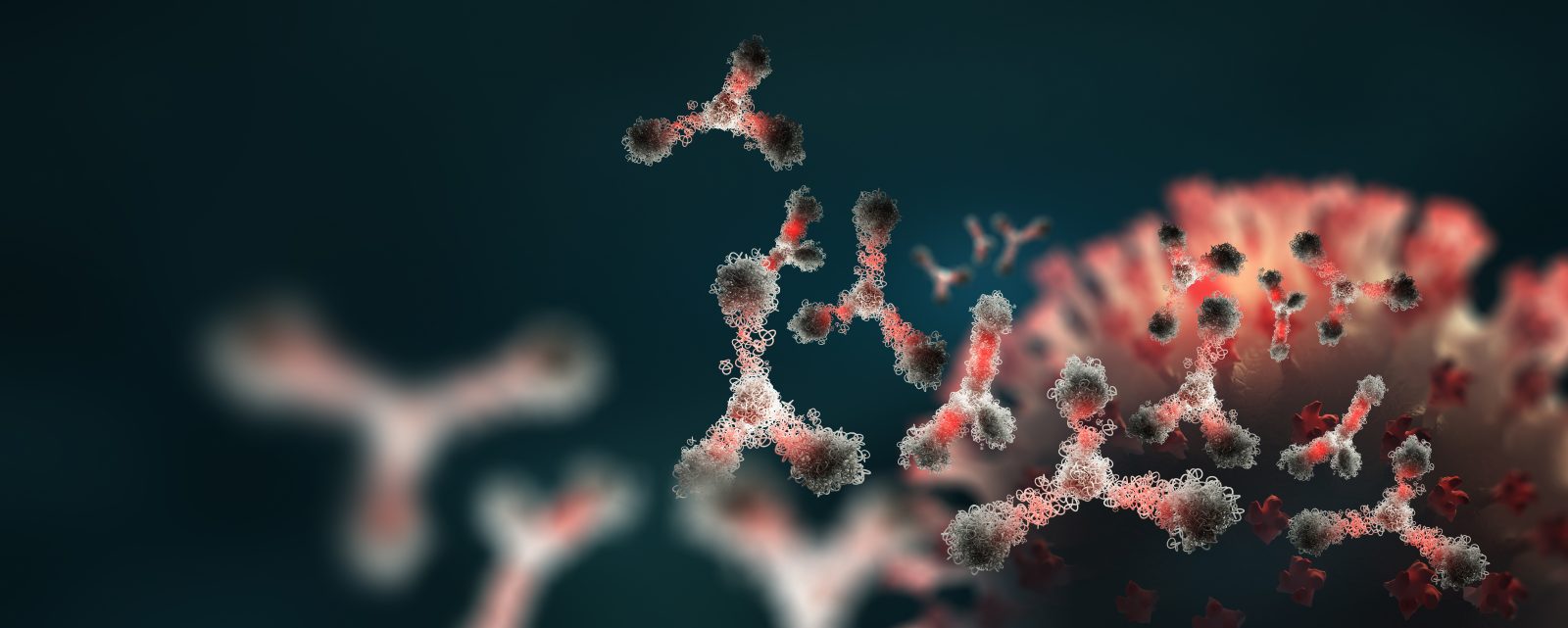
Origin of Life’s Purple Unicorn: Protocells
On today’s ID the Future, host Eric Anderson sits down with Rob Stadler, co-author with Change Tan of The Stairway To Life: An Origin-Of-Life Reality Check. The topic of discussion–protocells. Stadler notes that the simplest existing single-celled organisms are far too sophisticated to have emerged through a blind process of prebiotic evolution. He further notes that this is widely acknowledged in the origin-of-life community, but those committed to a purely materialistic origin of the first life have a fallback explanation–protocells. That is, early biological structures far simpler than anything we find today. An intriguing hypothesis, but the problems with it, according to Stadler, are legion. Tune in as Stadler and Anderson walk through several lines of evidence that appear to break against the much sought-after but ever-elusive protocell.








